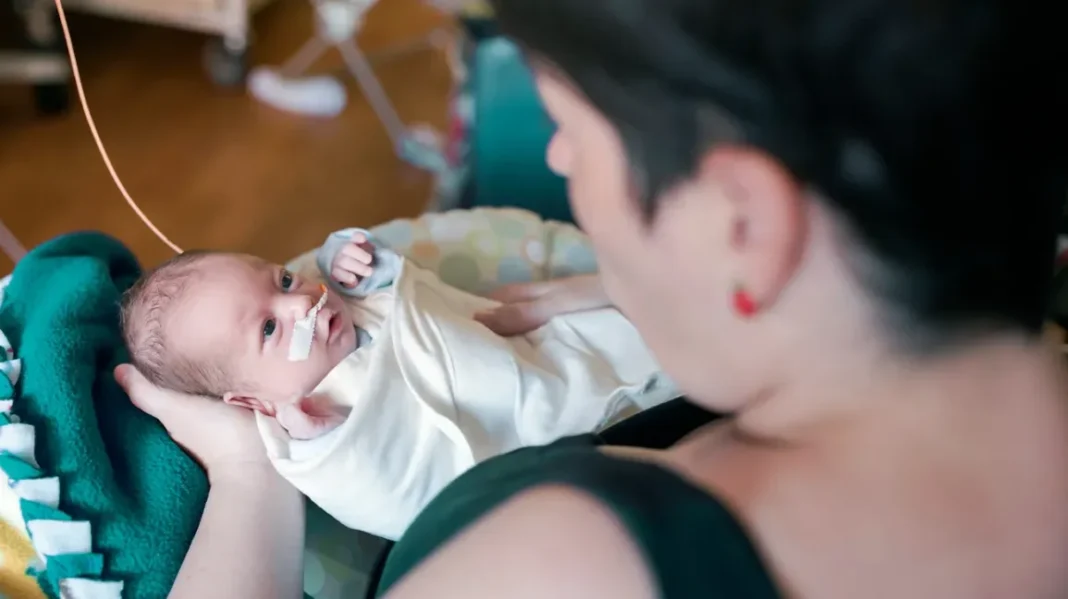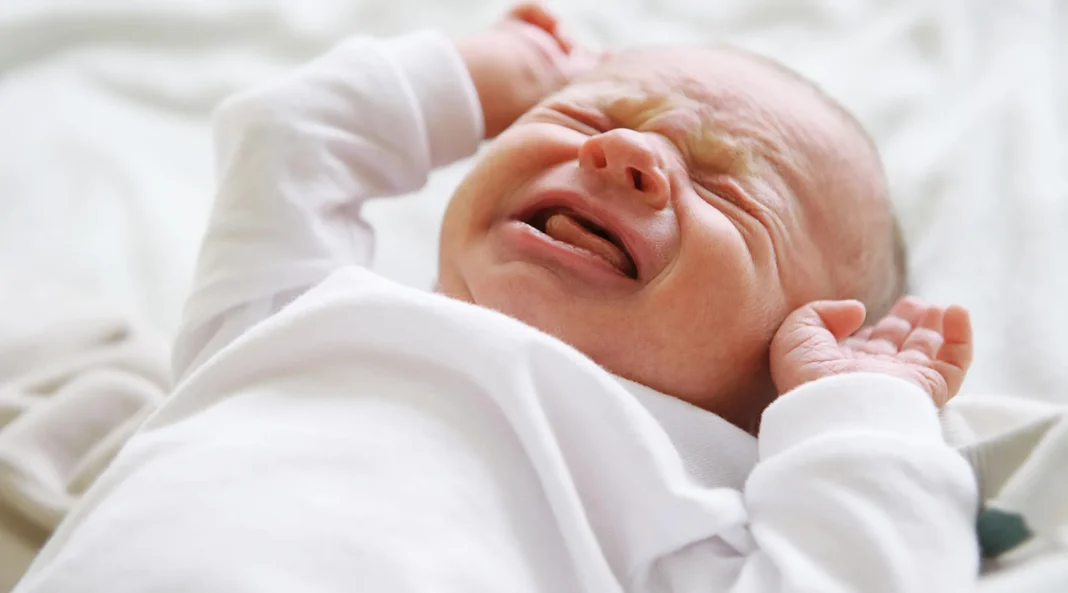Giving birth after 40 is becoming more common worldwide – but it brings heightened risks for the newborn, especially after age 45.
A major new study from Sweden has revealed that babies born to older mothers face a higher risk of complications, including premature birth, low birth weight, and stillbirth. The research, based on more than 300,000 births recorded in the Swedish National Medical Birth Register between 2010 and 2022, offers detailed insight into how maternal age affects newborn health — and where medical interventions should be focused.

Growing Trend, Growing Concerns
In many parts of the world, including Sweden, women are choosing to have children later in life. In 2022, nearly 5% of all new mothers in Sweden were aged 40 or above. While this shift reflects social and professional changes, it also brings physiological challenges.
Older mothers often have different health profiles than younger ones — including a higher BMI, more frequent use of assisted reproductive technology, and greater likelihood of pregnancy-related complications. Many also require Caesarean sections. Recognising this, the Swedish researchers aimed to examine how increasing maternal age specifically impacts the health of the newborn.
Breaking Down the Risks by Age Group
The study, published in Acta Paediatrica, analysed 312,221 singleton births to women aged 35 and older, excluding twins. Mothers were divided into three age groups:
- 35–39 years (reference group)
- 40–44 years
- 45 years and older
Lead author Sofia Voss highlighted that while serious complications are rare overall in Sweden, clear trends emerged:
- Stillbirth rates nearly doubled from 0.42% in women aged 35–39 to 0.83% in those 45 and older.
- Premature birth rose from 4.8% (35–39 age group) to 6.1% (40–44) and then to 8.4% for mothers 45+.
- Low birth weight relative to gestational age and neonatal hypoglycemia (low blood sugar) were also more common in the oldest maternal age group.
The study showed that the highest risks of all were to babies born to mothers 45 years and older, said Sofia Voss.

According to Dr. Sheetal Kasat, Senior Gynaecologist at Thane Civil Hospital, the ideal age for a woman to become a mother is between 20 to 30 years, a period when she is physically and mentally mature. She warns that pregnancies after 30 years of age may come with increased risks such as high blood pressure, thyroid issues, and even fertility problems.
“Career goals and personal choices are valid,” she acknowledges, “but from a medical standpoint, earlier pregnancy is safer for both mother and child.”
Better Data, Better Planning For Older Mothers
Previous studies have mainly compared babies born to young mothers with those born to older mothers. In the present study, the researchers were interested in getting a more detailed picture of the distribution of risk among the older mothers.
“By comparing different ranges of advanced age when giving birth, the study can also contribute to better, and better targeted, information for women planning future pregnancies. As the share of older mothers rises, our study can help to target screening and interventions to where they will have the most benefit. But it’s also important to inform the public so that they can make informed choices,” says Sofia Voss.
Empowering Women with Knowledge
The takeaway isn’t to discourage older motherhood, but to empower women and couples with clear, evidence-based information. While many pregnancies later in life progress without major issues, understanding the risks can help families make informed reproductive decisions and allow health systems to allocate resources where they’re needed most.
Source: News Medical




